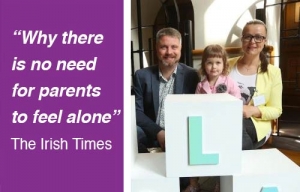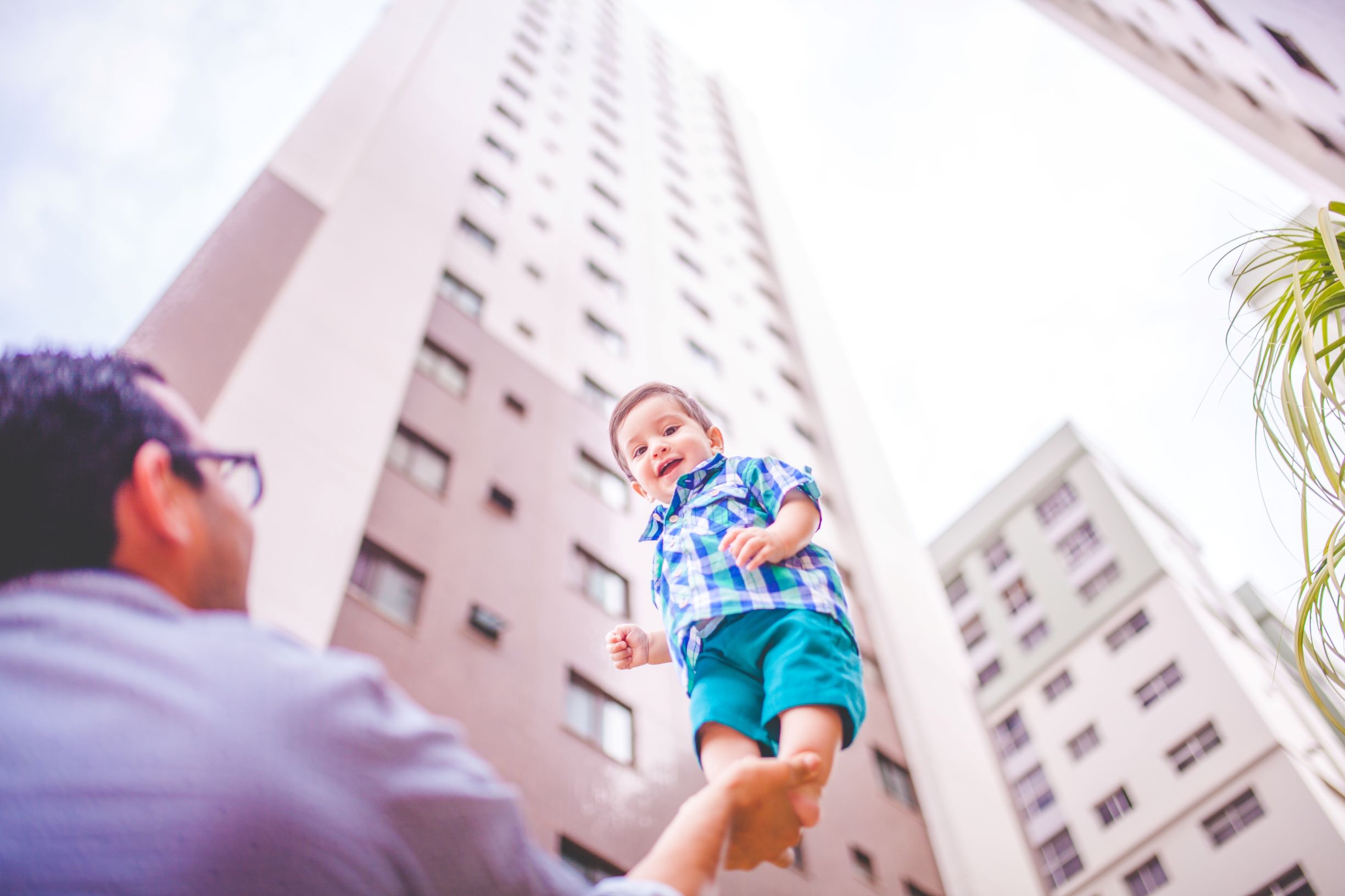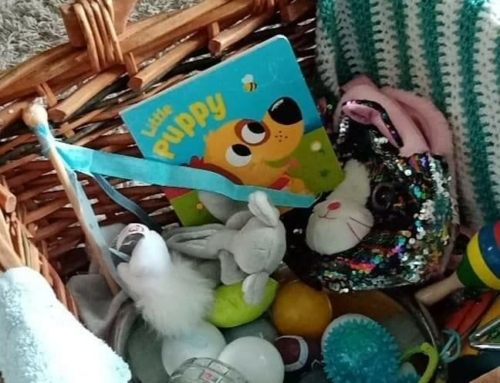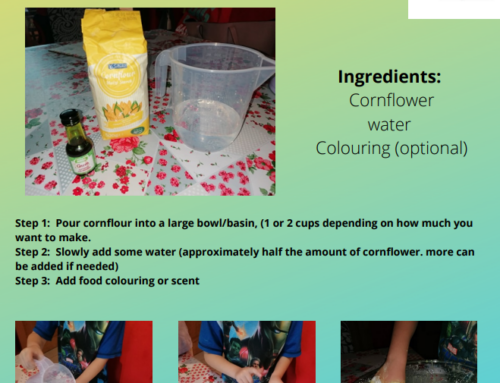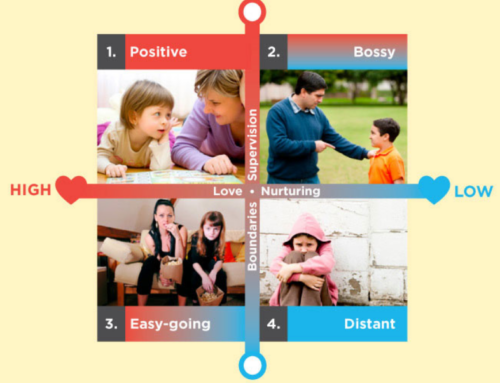Parents and guardians across the world have the same one wish for their child – to give their child the best start in life. One of the ways you can give your child the best start in life is by equipping them with a healthy self-esteem or a positive sense of self. Self-esteem is simply the feelings a person has about their own value or worth, their capability and how they relate to the world around them. Self-esteem is one of the core foundation blocks in providing your child with the best start in life and in promoting positive child development.
Children with a healthy self-esteem are more likely to grow into a confident, healthy and happy child who performs well in school, has friends and can cope with life’s challenges in contrast to children with low self-esteem who don’t perform as well in school, have difficulty making friends and find it hard to cope with life’s challenges.
A lot people assume that we are born with our self-esteem and say ‘sure that’s just me!’ when in fact self-esteem is learned. The seeds of positive self-esteem are sown and learned in the home during the first five years of a child’s life. This starts with the baby feeling safe in a warm and loving environment. The parent (who is the key educator in a child’s life; that is a blog for another day) along with the people in the child’s world pass on messages either good or bad, intentional or unintentional shaping the child’s self-esteem and the child into the person they become.
Take this example, two children come out of preschool and come rushing over to their Mammy to show their drawing they had been working so hard on all morning. Both children, all proud of their achievement and excited shows Mammy their Picasso masterpiece!
The first Mammy looks at it and says ‘Not more scribbles!’. From Mammy’s perspective she is thinking not another replica of the four previous drawings this week. From the child’s perspective, their heart drops and thinks their drawing isn’t good enough, their work isn’t good enough and they are not good enough. This is the message the child receives.
In contrast, the second child’s Mammy turns and says ‘Oh wow look at all the beautiful colours you have drawn, we will have to frame this’. This child is feeling proud of their work and the message they receive is my drawing is great, my work is great, I’m great! This allows the child’s self-esteem, confidence and sense of capability to increase whilst the other child’s self-esteem, confidence and sense of capability decreases.
The first parent has unintentionally passed on the message ‘of not being good enough’ to their child and would more than likely be horrified if they thought their child received this message from them.
There are numerous ways to build your child’s self-esteem. Below are three ways:
- Plan activities for positive parent-child interactions – e.g. take a trip to the playground or play an indoor game. This interaction and interest in your child’s world shows them they are important, valued, respected and you enjoy spending time with them. It also allows opportunities for you to encourage your child to tell you more about their world showing them you are interested in them by paying attention through verbal and nonverbal communication.
- Give your child age appropriate responsibility which you know your child can do -e.g. tidying their toys away or to help sweep the floor. Responsibilities give the child a sense of independence, a chance to master their skills allowing their self-esteem and confidence to grow positively.
- Become more aware of what you say to your child, when you say it and how you say it – like the example above it is important to view your words from the child’s perspective. One way of doing this is to imagine your words and actions are being recorded. In this way you will see and hear yourself as your child sees and hears you.
Fostering a child’s self-esteem is an ongoing process that takes time, patience, perseverance and self-control. Even if you apply one of the tips above you will help build your child’s self-esteem. If you catch yourself saying or doing something you wish you hadn’t, don’t worry by simply becoming aware of this behaviour this will help you avoid doing it in the future. I think we can all agree that sometimes children know exactly how to test the patience of a parent but just remember you are human and trying your best. Remember to take deep breaths and be kind to yourself – Rome wasn’t built in a day! By simply making a conscious decision to build your child’s self-esteem you will plant seeds of a positive sense of self that will provide substantial psychological well being benefits for your child that will grow and flourish now and in the future.

